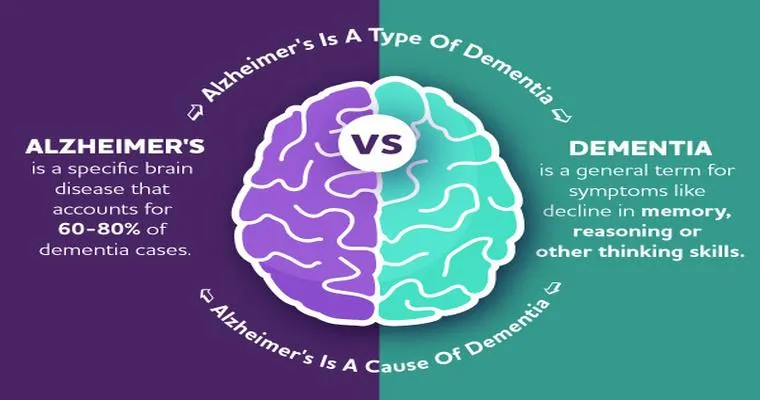Alzheimer's disease remains one of the most pressing health concerns of our time, affecting millions of people worldwide. Researchers have tirelessly investigated the "cause of Alzheimer's" to better understand this complex condition. While there has been significant progress, pinpointing a definitive cause has proven to be a challenging endeavor. This article explores the latest findings and theories surrounding the "causes of Alzheimer's disease".
The primary characteristic of Alzheimer's is the accumulation of "amyloid plaques" and "tau tangles" in the brain. These pathological features are believed to play a critical role in the onset and progression of the disease. However, researchers are still debating whether these factors are the root cause or merely symptoms of a deeper underlying issue.
Recent studies have suggested that "genetics" may play a significant role in Alzheimer's. Certain genes, such as "APOE-e4", have been linked to an increased risk of developing the disease. Individuals with one or two copies of this gene variant have a higher likelihood of experiencing cognitive decline. However, having the gene does not guarantee that a person will develop Alzheimer's, indicating that other factors are at play.
In addition to genetics, "environmental factors" and "lifestyle choices" are also being scrutinized for their potential contributions to Alzheimer's. Research has shown that cardiovascular health, diet, exercise, and social engagement can influence brain health. For instance, a heart-healthy diet rich in fruits, vegetables, and omega-3 fatty acids may reduce the risk of cognitive decline. Engaging in regular physical activity and maintaining social connections are also believed to have protective effects against Alzheimer's.
Another area of investigation includes the role of inflammation in the brain. Chronic inflammation has been associated with various neurodegenerative diseases, including Alzheimer's. Some studies are exploring how "inflammatory markers" might correlate with disease progression, providing insights into potential therapeutic approaches.
Furthermore, emerging research focuses on the gut-brain connection, suggesting that the microbiome may influence brain health. An imbalance in gut bacteria has been linked to cognitive decline, highlighting a new avenue for understanding the "causes of Alzheimer's disease".
Despite these advancements, it is important to note that there is still no cure for Alzheimer's, and the exact cause remains elusive. Ongoing research is essential to unravel the complexities of this disease. Scientists are hopeful that understanding the multifactorial nature of Alzheimer's will lead to more effective prevention strategies and treatments in the future.
In conclusion, while significant strides have been made in identifying potential "causes of Alzheimer's", the journey to fully understanding this disease is far from over. Continued funding and research are crucial to uncovering the intricate web of factors that contribute to Alzheimer's, providing hope for millions affected by this debilitating condition. As we advance our knowledge, we move one step closer to finding answers and ultimately improving the lives of those impacted by Alzheimer's disease.





